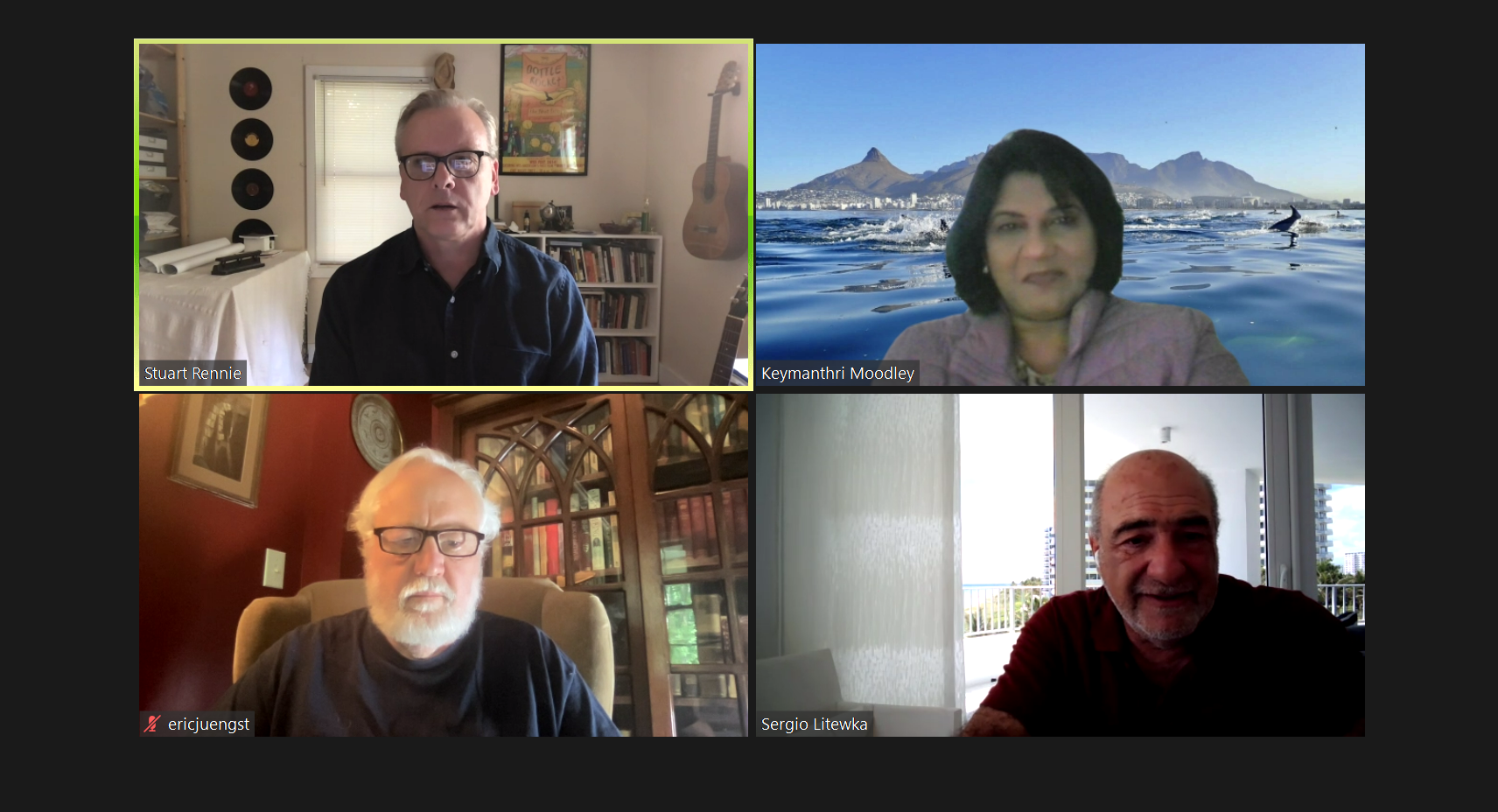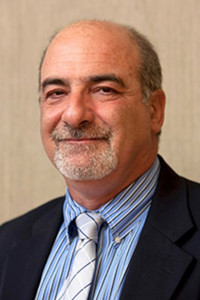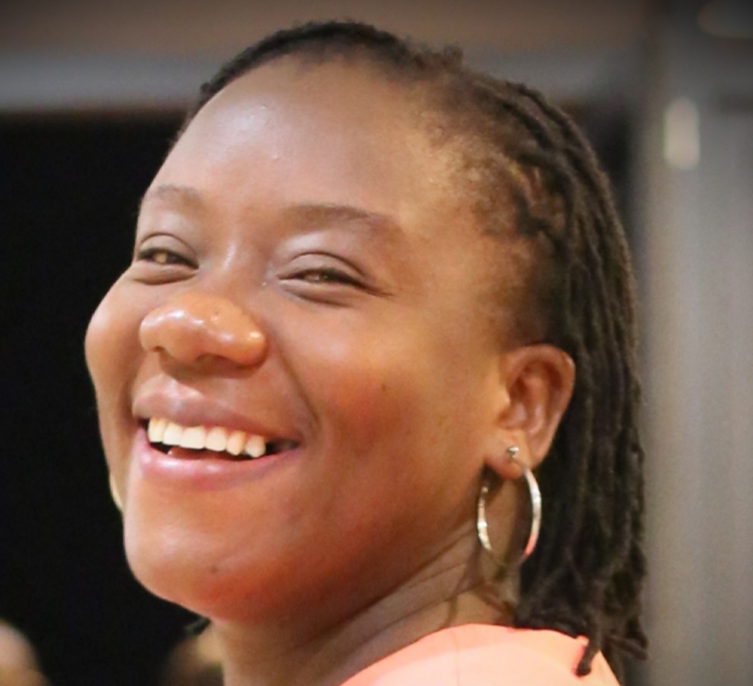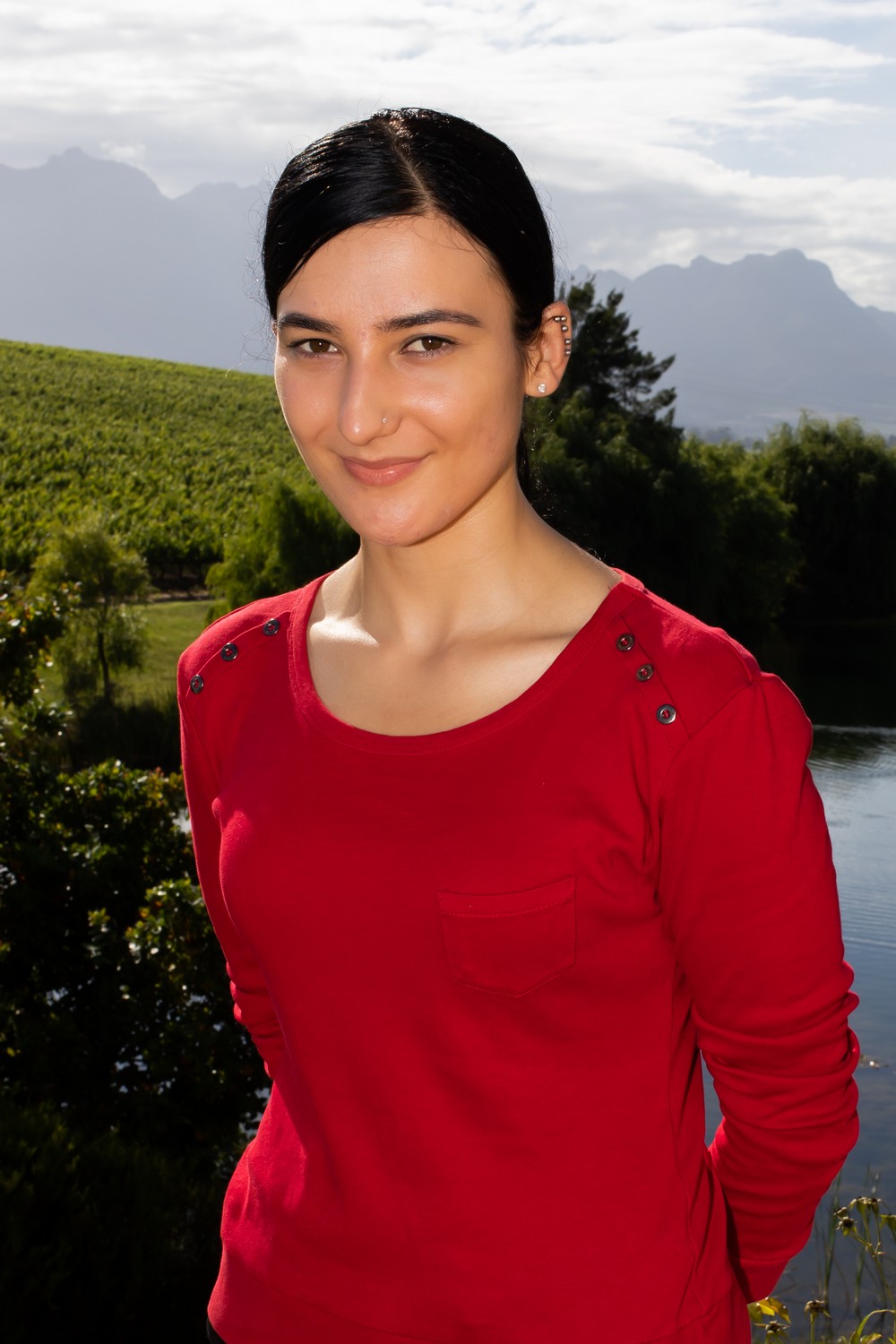Division of Medical Ethics & Law
REDSSA
REDSSA Conceptual Team
The REDSSA Conceptual group aims to develop normative and conceptual research projects on the ethical, legal and social issues (ELSI) in data science in sub-Saharan Africa. By 'normative research', we refer to a critical investigation into what should (or should not) be done in the conduct of data science, including descriptions of different positions on specific topics (such as consent for the use of phylogenetic data) and nuanced discussions of the strengths and challenges of such positions. By 'conceptual research', we refer to a systematic historical, cultural and philosophical inquiry into the origins, meanings and implications of concepts used to understand the world, in this case, the world of data science. Our specific focus will be largely on concepts central to ethical discussions in data science, such as (data sharing) obligations, individual and group privacy, anonymization, and 'data justice'. The group starts from the assumption that ethical concepts are value-laden, that the implicit values are not necessarily universal, and therefore, attention will be given to local cultural significance embedded in concepts such as 'data.' We thereby aim to contribute to the creation of a conceptual ELSI framework for data science, as well as illuminating and informing empirical ELSI work conducted by the REDSSA project.
Some of our meetings


Stuart Rennie
Stuart Rennie is an Associate Professor in Social Medicine at the University of North Carolina (UNC) at Chapel Hill (USA), Core Faculty at the UNC Bioethics Center and Extraordinary Professor in Medicine at Stellenbosch University. He obtained his Masters in Anthropology and PhD in philosophy from Leuven University (Belgium). A member of the HIV Prevention Trials Network (HPTN) Ethics Working Group, he is currently an investigator in projects on the ethics of HIV research with pregnant adolescents, decision-making in HIV cure trials, and the use of HIV DNA for public health surveillance. Professor Rennie’s teaching and research interests focus on research ethics, public health ethics and medical ethics in developing countries, primarily in sub-Saharan Africa. Professor Rennie serves as co-Principal Investigator for the REDSSA project.
 Keymanthri Moodley
Keymanthri Moodley
Keymanthri Moodley is a Distinguished Professor in the Department of Medicine and Director of the Division of Medical Ethics and Law (CMEL), Faculty of Health Sciences, Stellenbosch University. Keymanthri is a specialist family physician, bioethicist and has served as a Principal Investigator on numerous clinical trials. In 2017, she was appointed as Adjunct Professor in the Department of Social Medicine, University of North Carolina-Chapel Hill (UNC), USA. Additionally, Professor Moodley is a member of the Academy of Science in South Africa (ASSAf) and completed an Executive MBA in 2015. She is an NRF rated researcher and has served on the SAMRC Board, the NHREC and in international organisations: WHO, International AIDS Society (IAS), NIH DSMBs and the WHO SAGE Ebola Working Group. The CMEL was re-designated as a Collaborating Centre in Bioethics in 2019 by the WHO. Professor Moodley serves as Principal Investigator for the REDSSA project.
Walter Jaoko
Walter Jaoko is a Professor of Medical Microbiology and Tropical Medicine, the Director of KAVI-Institute of Clinical Research at University of Nairobi, and Fellow of the Africa Academy of Sciences. He has over 30 years’ experience in teaching, research and post-graduate student supervision in infectious diseases transmission, pathology, treatment, prevention and control, and has published over 200 articles in peer-reviewed scientific journals. He is also a bioethicist as an alumnus of the Fogarty funded ARESA training programme at Stellenbosch University where he obtained a Postgraduate Diploma in Health Research Ethics, and a holder of a Master of Global Bioethics degree from Anahuac University.
 Sergio Litewka
Sergio Litewka
Dr. Litewka completed his medical degree at the University of Buenos Aires and his master's in public health at the University of El Salvador, also in Buenos Aires, Argentina. He is a faculty member in the University of Miami (UM) Department of Surgery and the director of global bioethics at the UM Institute of Bioethics, a World Health Organization (WHO) collaborating centre in Ethics and Health Policies. Dr. Litewka' s work at the UM Institute of Bioethics focuses on the development of research and education activities with governmental organizations, universities and the private sector on human subject protection and the responsible conduct of research. From 2005 to 2018 he was the International Director for the Collaborative Institutional Training Initiative (CITI Program), a web-based initiative for research ethics and responsible conduct of research education. During 2011 he served as a member of the International Research Panel at the U.S. Presidential Commission for the Study of Bioethics Issues.

Tiwonge Kumwenda Mtande
Tiwonge Kumwenda Mtande is a PhD candidate in Clinical and Research Ethics at Stellenbosch University, RSA. She holds MSocSci in Health Research Ethics from University of KwaZulu-Natal and a BSc in Biology from University of Malawi. She works as Deputy IRB Administrator at Kamuzu University Research Ethics Committee (KUREC; formerly known as COMREC). And, she is a Research Fellow for a project aimed at developing research ethics online training curriculum at Kamuzu University of Health Sciences (KUHeS) in Malawi. Before joining KUHeS, Tiwonge was the IRB Officer, overseeing ethics and regulatory aspects of clinical trials at UNC Project, a Biomedical Research Institute in Malawi. While at UNC Project she led the empirical work that contributed to the development of an international ethics guidance for involving pregnant women in biomedical research. Her doctoral research is around ethics of pragmatic clinical trials in low resource settings. Much of Tiwonge’s research work focuses has IRB operations, ethics of alternative clinical trial designs, public health research and global bioethics.

Effy Vayena
Dr. Effy Vayena is a Professor of Bioethics at the Swiss Federal Institute of Technology Zürich (ETH Zürich). She investigates how advances in science and technology can be ethically applied for best outcomes in public and personal health. Vayena completed her education as a social historian with a PhD in Medical History from the University of Minnesota and a habilitation on Bioethics and Health Policy at the University of Zurich. A keen interest in health policy led her to work for the World Health Organization where she served as a technical officer for several years. Upon her return to academia, Vayena was awarded a Swiss National Science Foundation professorship and founded the Health Ethics and Policy Lab. The lab's purpose is to tackle ethical questions that arise at the cutting edge of biotech research, in areas such as genomic technologies and big data analytics for healthcare. Vayena has been appointed Faculty Associate at the Berkman Klein Center for Internet & Society at Harvard University, where she was previously a Fellow. She has published over a hundred peer-reviewed articles and book chapters and co-edited several books. Vayena is also an elected member of the Swiss Academy of Medical Sciences and chairs the Ethical, Legal and Societal Implications advisory group for the Swiss Personalized Health Network. She is a member of the World Economic Forum's advisory board for the Global Risks Report. She co-chaired the WHO's expert advisory group on Artificial Intelligence health ethics and governance. In 2021 she was named chair of the Greek National Bioethics and Technoethics Commission.
 Nezerith Cengiz
Nezerith Cengiz
Nezerith Cengiz is a bioethics graduate presently working as a junior researcher on the REDSSA project at the Division of Medical Ethics and Law, Faculty of Medicine and Health Sciences, Stellenbosch University. She completed her MSc in Bioethics and Health Law at the Steve Biko Centre for Bioethics at the University of the Witwatersrand. Her dissertation focused on artificial intelligence (AI) in health care and virtue ethics. Other research-related interests include the ethics of xenotransplantation. Nezerith has worked as a research assistant in vascular surgery, ophthalmology, and data science. She has served as a Research Ethics Committee member on the Hospice Palliative Care Association of South Africa and currently serves on the Tygerberg Hospital Clinical Ethics Committee.

Jerome Amir Singh
Professor Jerome Amir Singh (BA, LLB, LLM, MHSc, PhD) is Adjunct Professor in the Dalla Lana School of Public Health at the University of Toronto, Toronto, Canada and Honorary Research Fellow at the Howard College School of Law, University of KwaZulu-Natal, Durban. He is the Director of the Ethical, Legal, and Social Issues (ELSI) Advisory Services on Global Health Research and Development. He serves as an ad hoc Consultant to several UN entities, including the WHO, UNAIDS, and UNICEF. He is the Co-Chairperson of the HIV Prevention Trial Network’s (HPTN) Ethics Working Group, and a member of the HIV Vaccine Trial Network’s (HVTN) Efficacy Trial Working Group. He is a member of the South African National AIDS Council (SANAC) Technical Task Team on Ensuring Protection of Human Rights and Improving Access to Justice. He currently serves on several oversight bodies, including the International Ethics Review Board of Médecins Sans Frontières (MSF) and the WHO Ethics Review Committee for COVID-19.

